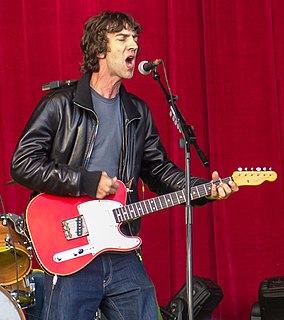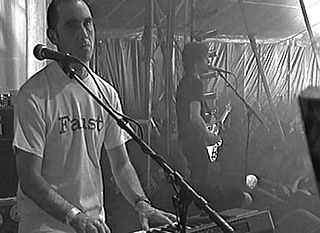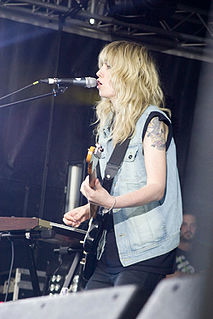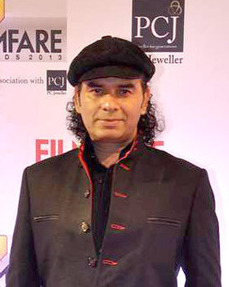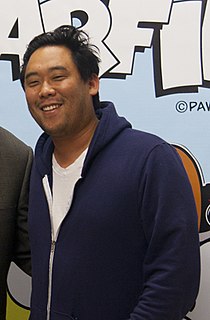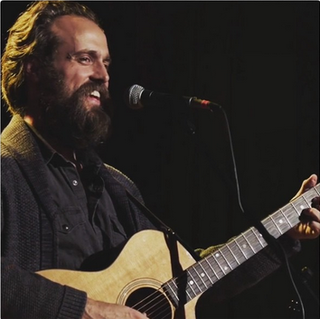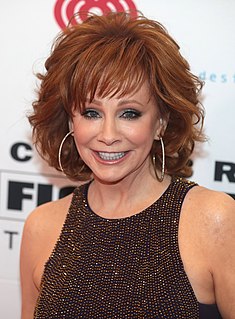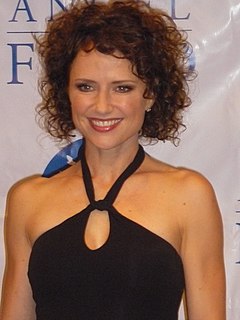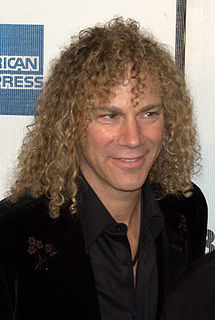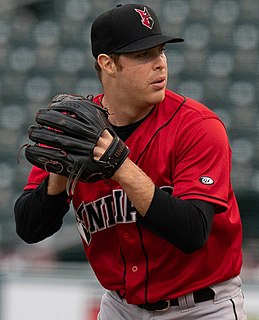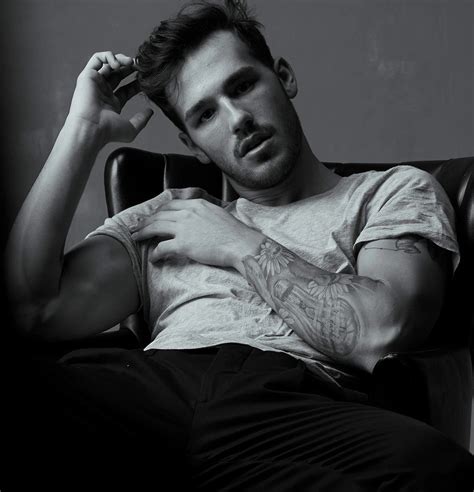A Quote by Richard Ashcroft
Creativity, for me, is almost like therapy; my songs take you into the underbelly of my mind, and there's some dark stuff in there.
Related Quotes
I do take a computer to do some processing live and I might use a couple of plug-in synthesisers, 'cause obviously you can take quite a lot of power in terms of sound generation on a computer that I can trigger from a couple of keyboards. And it means I don't have to take some of my vintage stuff and have it trashed by various airlines which has happened in the past. But I still take some vintage stuff with me, I'll take that risk because I like using all that stuff.
That's what is so great about being able to record a 13-song album. You can do a very eclectic group of songs. You do have some almost pop songs in there, but you do have your traditional country, story songs. You have your ballads, your happy songs, your sad songs, your love songs, and your feisty songs.
